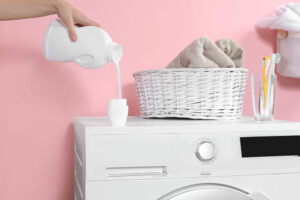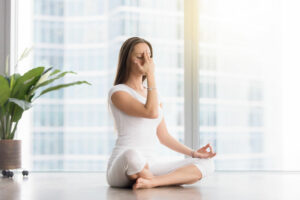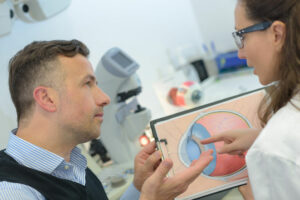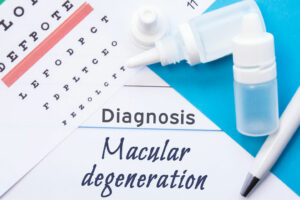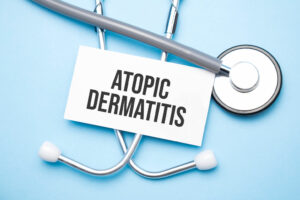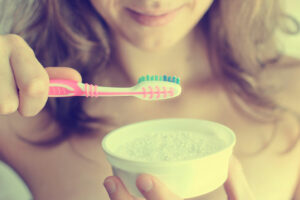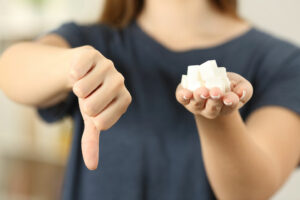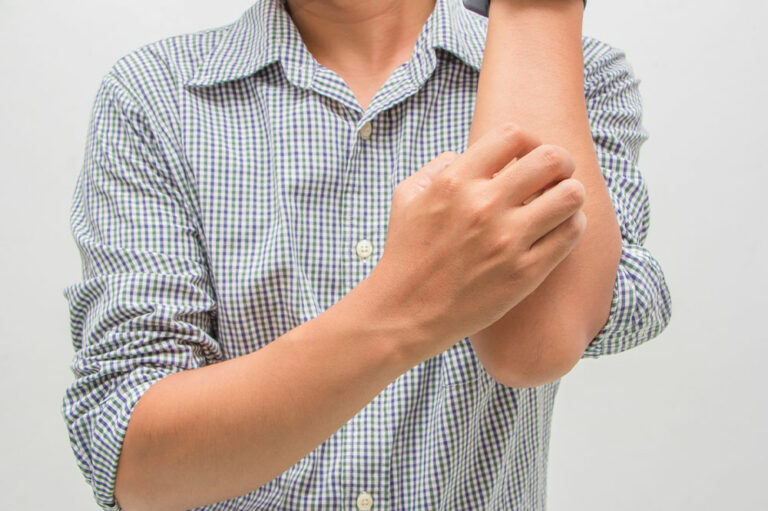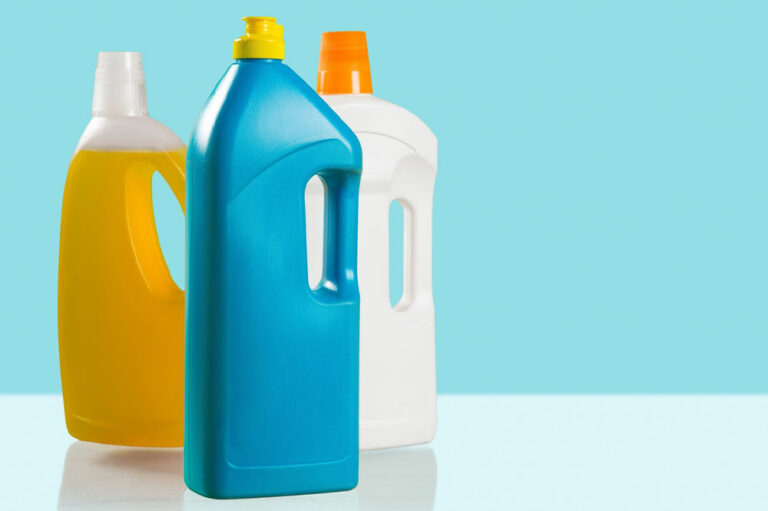Healthy skin is rarely a result of frequent salon visits or pricey skin treatments. To keep one’s skin healthy, one needs to consistently have good hygiene practices, good food habits, a proper sleep schedule, and a healthy gut and stomach. A few things can negatively affect one’s efforts to get healthy skin. In severe cases, the following factors may also result in breakouts, signs of premature aging, or a common skin condition called eczema.
Things to avoid
Exposure to UV radiation
Exposing bare skin to harsh sunlight or UV rays for a prolonged time may damage the skin tissues. It can also irritate the skin, cause sunburn and pigmentation, trigger premature aging, or even lead to skin cancer. Wearing sunglasses, caps, and sunscreen is the best way to avoid UV exposure. A tinted moisturizer sunscreen for the face not only protects the skin but also hydrates it and provides a thin layer of foundation. Moisturizer sunscreen works well for dry and sensitive skin. Alternatively, people with oily skin can opt for sunscreen with a lightweight formula.
Unhealthy eating habits
Gut health and skin health are closely related. Processed and refined foods can lead to toxins getting accumulated in the colon. These toxins then get released into the bloodstream through permeable intestines, resulting in skin breakouts. Certain food allergies can also trigger a skin condition, like dermatitis.
Poor sleep schedule
The body produces collagen and repairs the skin at night, so irregular sleeping patterns and insufficient or disturbed sleep interferes with the healing process. Additionally, this can result in dark circles, acne, lackluster skin, and early aging. In severe instances, this can lead to eczema and psoriasis.
Sleeping with makeup on
Sleeping overnight with makeup on can clog skin pores and damage the skin cells. The skin cannot get enough oxygen to carry out repairs when covered in makeup. As the skin’s ability to get rid of oil and dirt gets hampered, one may experience breakouts and wrinkles.
Using dirty makeup brushes
Beauty blenders and makeup brushes can harbor germs that lead to skin infections. For better skin health, one’s should wash these tools every one to two weeks with warm water and a non-toxic shampoo.
Scratching the skin
If one experiences itchy or scaly skin, they should use a moisturizer or temporary doctor-recommended relief creams to avoid skin inflammation. Itchy skin is one of the common eczema symptoms, and repeatedly scratching can lead to open sores, cracks, and skin breaking. This puts the skin at a higher risk of getting infected.
Lack of physical activity
Physical activity increases blood flow to the skin and helps relieve stress. Stress is associated with high cortisol levels, which can also cause acne. Here, sweating can help remove toxins from the body and clear the skin. Any exercise like walking, jogging, working out at the gym, or dancing benefits the skin.
Excessive exfoliation
Exfoliation is a process that keeps the skin hydrated by removing dead cells from the skin’s pores. Scrubbing the face vigorously and frequently, however, can deprive it of its natural moisture and oil, leaving it fragile, dry, sensitive, and flaky. One should gently exfoliate using products appropriate for their skin type only two or three times each week.
Frequently touching the face
Hands are often in direct contact with dirt, filth, and germs. Frequently touching the face with unclean hands can lead to bacteria moving to the skin. This may cause acne and other problems. Those who often wash their hands with abrasive soaps, detergents, and disinfectants are also prone to issues like eczema.
Managing eczema
One may develop severe skin conditions like eczema despite adopting good skin care habits. Also known as atopic dermatitis, eczema is an inflammatory skin condition.
Symptoms: Some common eczema symptoms include dry, flushed, or cracked skin, rashes, tiny raised bumps, discoloration, and thickened or overly sensitive skin. Eczema frequently develops before the age of 5 and can last throughout one’s teens and adulthood. Some patients experience flare-ups followed by lengthy periods of no symptoms. The condition adversely affects the skin’s ability to retain moisture and fight against germs and irritants.
Causes: The main causes of eczema flare-ups or triggers could be allergies, an overactive immune system, severe weather, hormone imbalances, or stress. Hay fever, asthma, or a family history of the condition can also be some of the causes of eczema.
Management: Eczema treatment options can vary based on one’s symptoms and severity of reactions to allergens. Healthcare professionals may recommend oral treatments to lessen swelling and redness during flare-ups as well as some dermatologically-tested skin moisturizers. Apart from that, one may have to use creams, shea butter, and lotions that trap the moisture to keep one’s skin from drying out after a bath. Unscented, safe, and organic products are usually recommended to avoid worsening eczema symptoms.
Other options: Opting for warm water instead of hot or cold during showers and using gentle cleaners or non-toxic soaps free from fragrances or dyes can help one manage the symptoms. One can avoid bubble baths until the flare-ups subside. Similarly, scrubbing excessively or using antibacterial soaps can strip the body of natural oils. At times, the acne can be a result of an intrauterine device (IUD). Acne or breakouts triggered by an IUD are rare, but getting this checked can help a healthcare professional recommend suitable treatment options.
Foot eczema: This is a common form of skin condition that can cause rashes, fluid-filled bumps, and scaly or bumpy patches on the feet or ankles. The condition is often triggered by the skin coming in contact with chromium, formaldehyde, glutaraldehyde, and other preservatives found in leather, fabric glues, or shoes. The severity of the problem varies from person to person. Common foot eczema treatment options include antifungal creams, soaks, cool compresses to dry blisters and relieve stress, moisturizers, and some natural remedies like bathing with oatmeal or Epsom salt. Before prescribing a treatment, a healthcare professional assesses a person’s family and health history, eczema symptoms, footwear and skin products one uses, and allergy test results.

